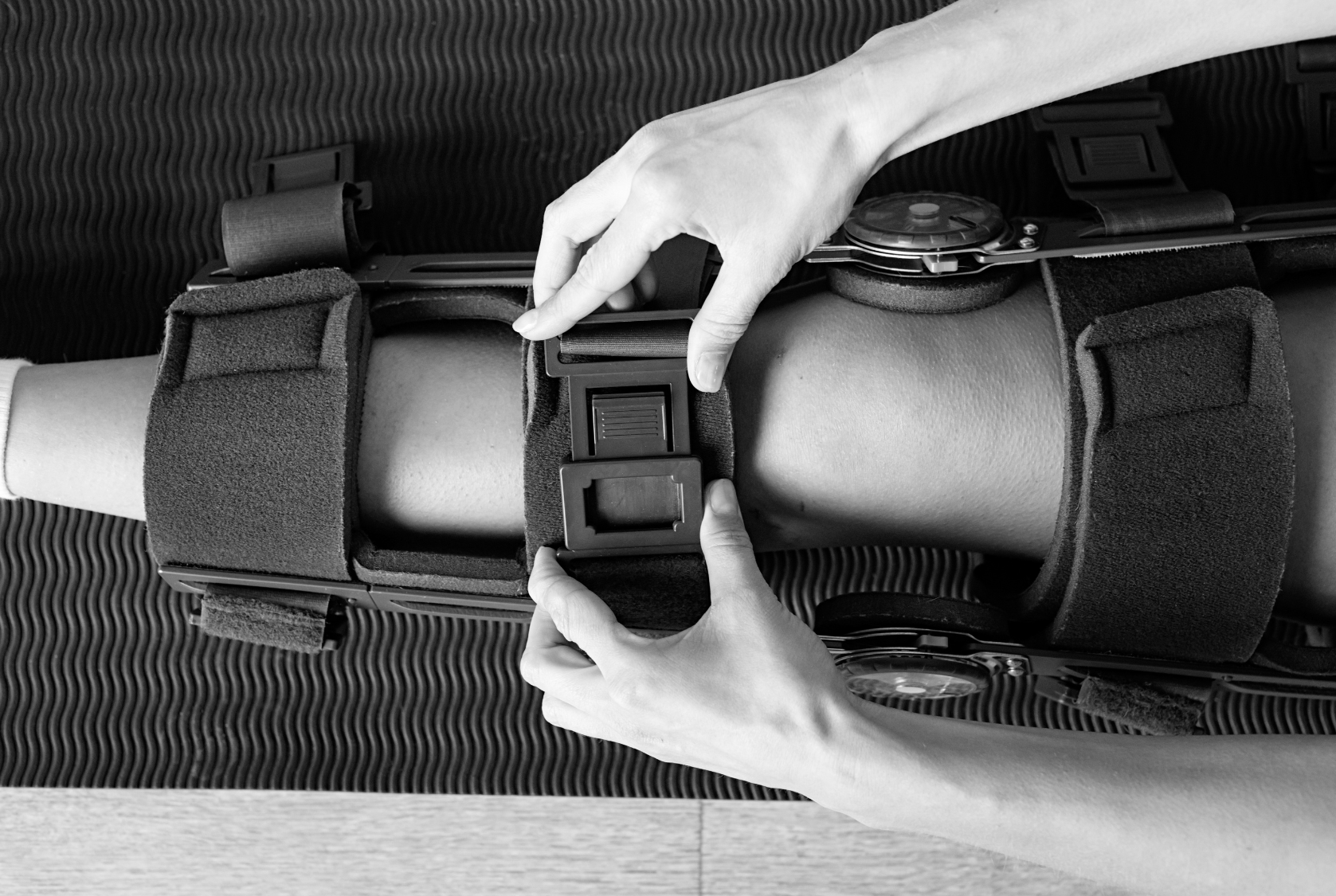Why You Shouldn't Go to the ER After a Concussion
A concussion can be a scary experience, especially when symptoms like dizziness, confusion, or headaches follow an impact to the head. Naturally, many people feel an urge to head to the emergency room (ER) to get checked out. However, for most concussions, the ER isn’t the best place to go. In many cases, it may not provide the right type of assessment or treatment for this type of injury. Here’s why a concussion typically doesn’t warrant a trip to the ER and why seeing a specialist is often the most effective course of action.
1. Concussion Is Typically Not a Life-Threatening Emergency
Concussions are a form of mild traumatic brain injury (TBI), but they are usually not life-threatening. While symptoms can be unpleasant and sometimes alarming, they generally do not indicate an immediate medical emergency.
In most cases, symptoms are manageable and can be monitored at home or through a visit to a specialist with expertise in concussion. Emergency room visits are often necessary for severe or urgent medical conditions, but unless there are signs of a more serious brain injury, a trip to the ER for a concussion is just a waste of your time and money.
2. ER Physicians Are Not Specialized in Concussion Evaluation
ER doctors are highly skilled in handling immediate, life-threatening conditions like trauma, stroke, and heart attacks, but they typically do not specialize in concussion diagnosis and treatment. While ER doctors can perform basic neurological exams, they are not trained to conduct the specific assessments that concussion specialists perform.
Concussion injuries are complex and often require a specialized evaluation, which may include targeted diagnostic tools to understand the extent of the injury and guide recovery. Without these specific tools and expertise, an ER visit might result in a very general assessment that overlooks specific concussion related impairments.
3. Concussions Do Not Show in Standard Imaging
Many people assume that the ER can confirm a concussion diagnosis with imaging like a CT scan. However, most concussions do not show up on standard imaging tests. Concussions involve microscopic changes in brain function, which do not usually appear on CT or MRI scans unless there is a more severe injury, such as a brain bleed or skull fracture.
4. A Specialist Is Needed for Proper Diagnosis and Treatment
A concussion injury requires evaluation and management by a healthcare provider trained in concussions. These providers use specific diagnostic protocols to determine the severity of the injury, track symptoms over time, and assess factors like cognitive function, balance, and visual tracking. Additionally, they can develop a personalized treatment plan tailored to the individual’s recovery.
The post-injury management of a concussion is also crucial, and specialists are equipped to provide a structured recovery plan that addresses cognitive rest, physical activity restrictions, and gradual re-introduction to normal activities. Without this type of guided recovery, people may risk returning to normal activities too soon, potentially prolonging their symptoms or even increasing the risk of long-term complications.
5. When an ER Visit *Is* Necessary for a Concussion
While most concussions don’t require an ER visit, there are situations where it’s crucial to seek emergency care. If any of the following symptoms are present, immediate medical attention is necessary:
- Repeated vomiting
- Loss of consciousness
- Seizures
- Numbness, weakness, or decreased coordination
- Slurred speech or difficulty waking up
These could indicate a more severe injury, such as a brain bleed, which would require immediate medical intervention. In such cases, the ER can perform imaging and other tests to rule out life-threatening conditions.
Finding the Right Care for Concussion
If you or someone you know experiences a suspected concussion, consider seeking care from a provider with concussion expertise rather than heading to the ER. The ER is an invaluable resource for life-threatening emergencies, but for most concussion cases, it isn’t the best place for evaluation and care. Concussions require specific expertise to diagnose, monitor, and manage effectively. By seeking a specialist with experience in concussion management, you can ensure a more accurate diagnosis, proper guidance for recovery, and, ultimately, a smoother path to healing.






